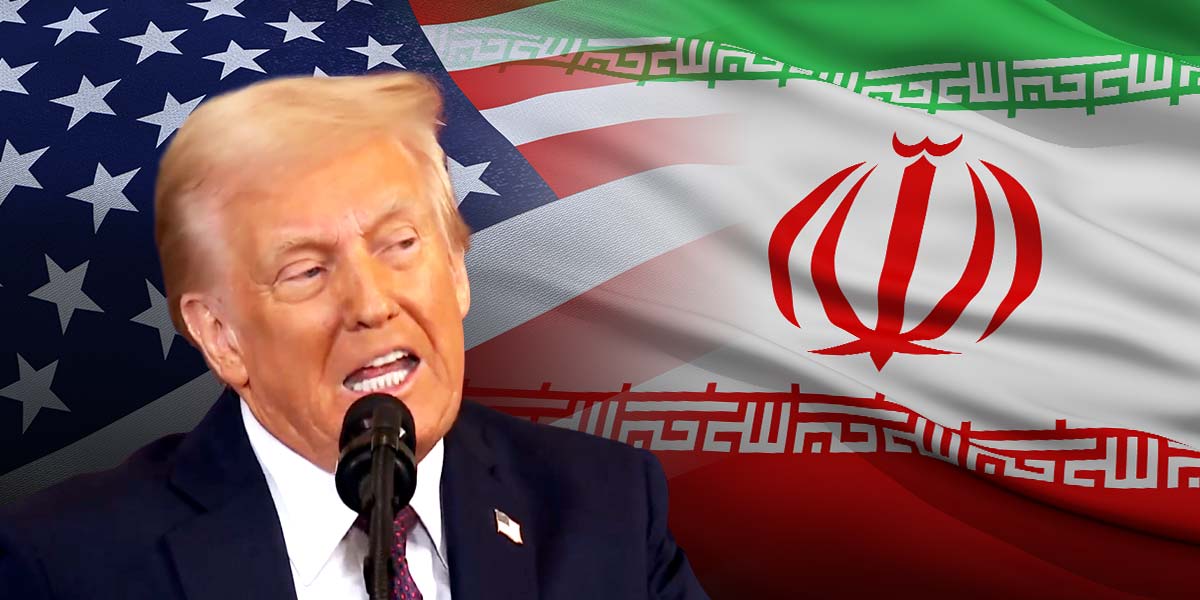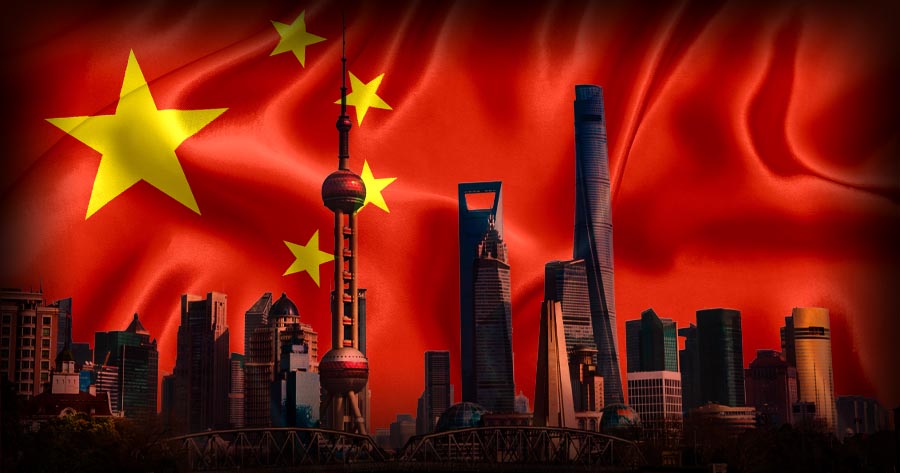In an all-too-familiar display of global hypocrisy, the United States has delivered a fresh jolt to the world oil market—and now expects China to repair the damage.
After U.S. forces struck three major Iranian nuclear sites over the weekend, Iranian leaders retaliated by signaling a potential closure of the Strait of Hormuz, a vital conduit for 20% of daily global oil flows. The resulting jitters sent oil traders scrambling and governments worldwide bracing for economic shock.
Yet, rather than managing the explosive fallout of its own escalation, America is all too eager to shove responsibility onto Beijing’s lap. “I encourage the Chinese government in Beijing to call them about that, because they heavily depend on the Straits of Hormuz for their oil,” stated U.S. Secretary of State Marco Rubio on Fox News. This call for help—a day after U.S. airstrikes—epitomizes Washington’s see-no-evil approach once its own interests are secured.
Meanwhile, Iran’s parliament is already backing a possible closure of the strait, and while Tehran’s National Security Council holds the final say, any prolonged disruption could see Brent crude surge beyond $100 per barrel, Goldman Sachs warns. The irony would be laughable if the consequences were not so grave: having rocked the boat, the U.S. expects China—by far Iran’s biggest oil customer—to urge restraint from an ally under siege.
Markets are understandably rattled; JPMorgan still assesses the risk of a total closure as “low,” but no one can rule out darker possibilities as saber-rattling intensifies. Washington’s message is clear: when U.S. actions set the world’s oil heartbeat racing, do not expect responsibility—just expect someone else to clean up. Today, that someone is China. The world can only hope Beijing’s phone call gets picked up.





